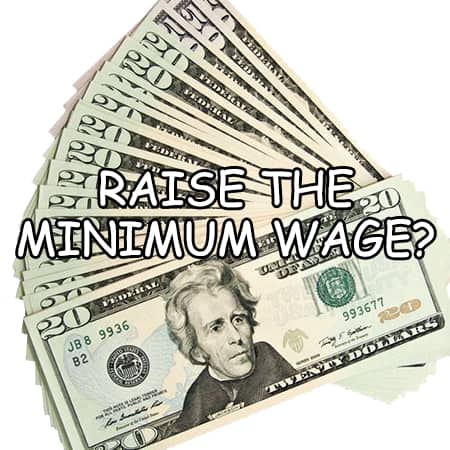


In an article published last week, economist Thomas Sowell points out a curious occurrence in which the San Francisco Chronicle—normally an ardent supporter of minimum wage increases—published a sympathetic front-page story lamenting the plight of a local nonprofit organization whose mission would be compromised by a proposed minimum wage hike.
According to the article, the organization expends its resources "to give hard-to-employ teens steady minimum-wage jobs that keep them away from vice and encourage them to appreciate a hard day's work." Unsurprisingly, the increase in the minimum wage would decrease the number of teens who the organization could serve.
While the Chronicle's suggestion—to exempt nonprofit job-training programs from the minimum wage increase—is perhaps a predictable compromise for a liberal publication, the article fails to explore or even acknowledge the broader implications of increasing the minimum wage.
You see, nonprofits are not the only or the most common employers of teens—hard-to-employ or otherwise. Most young people and other new entrants into the job market begin their work experience making minimum wage. Unsurprisingly, as the minimum wage increases, the incentive for businesses to hire young or unexperienced workers decreases.
The truth is that the very people who minimum wage increases are ostensibly designed to benefit are quite often the individuals who are most negatively impacted. There is a statistically relevant correlation between increases in the minimum wage and increases in teen unemployment, and those who truly wish to help "hard-to-employ teens" would do well to remember this when considering policies to raise the minimum wage.


